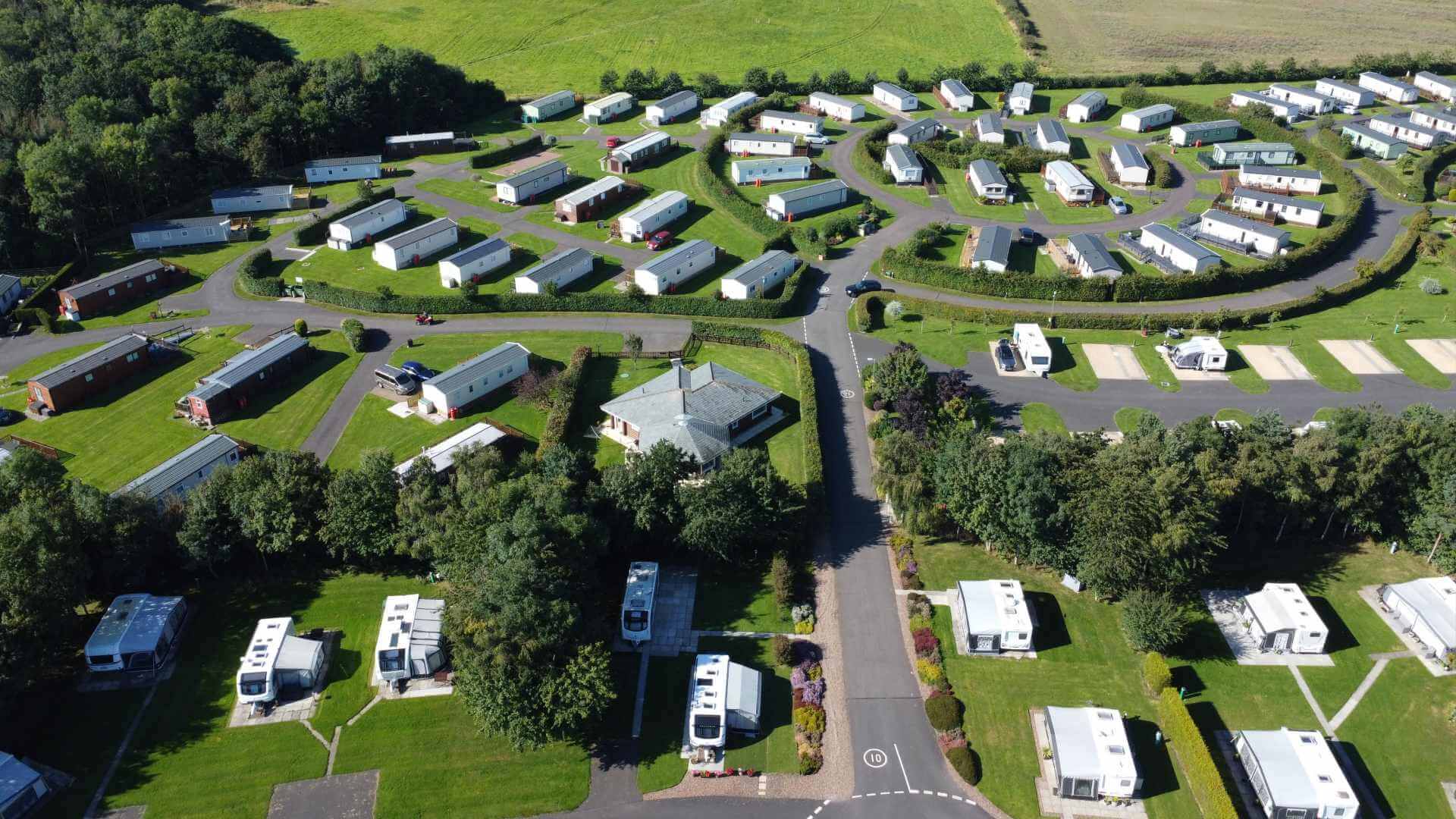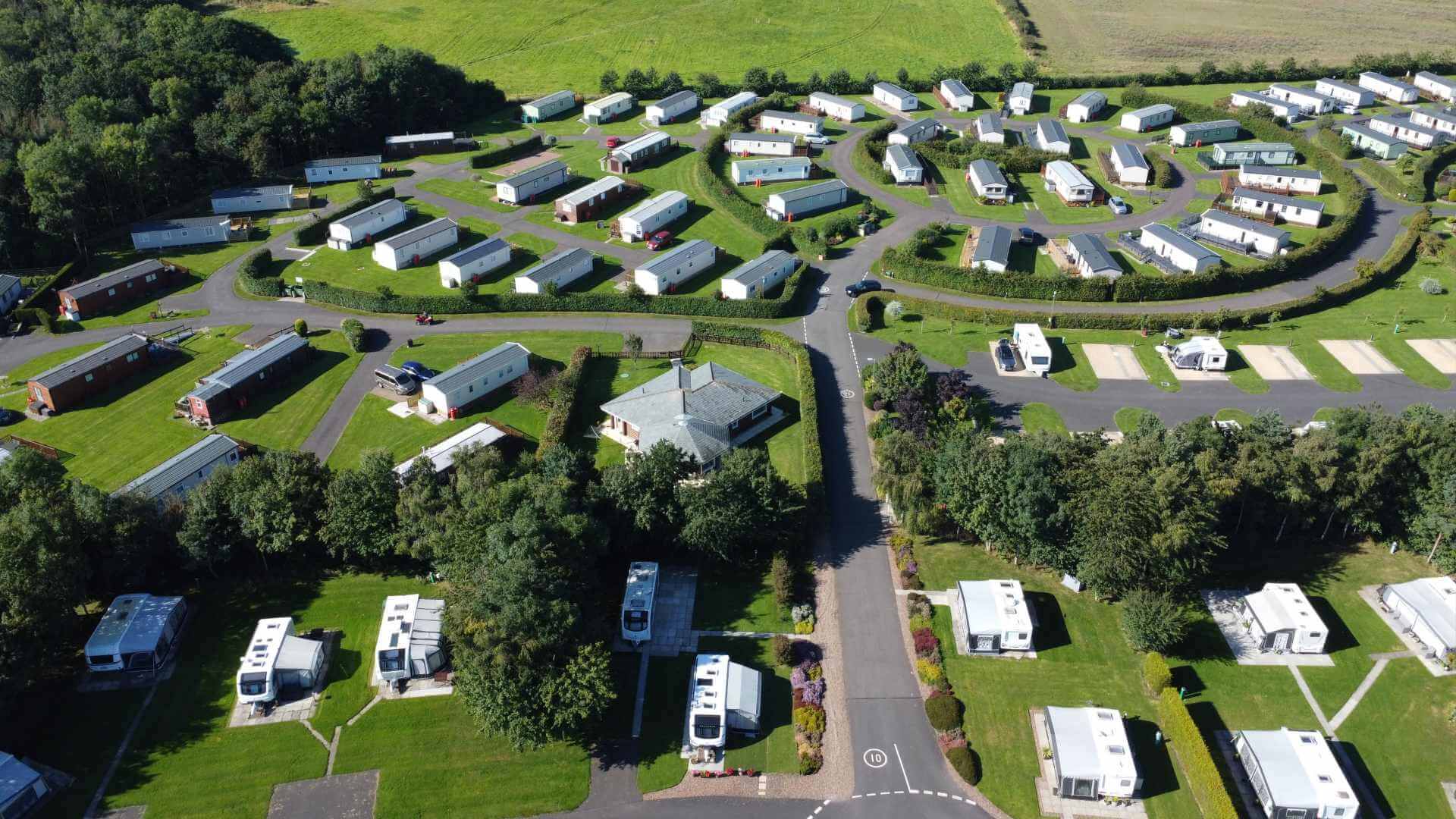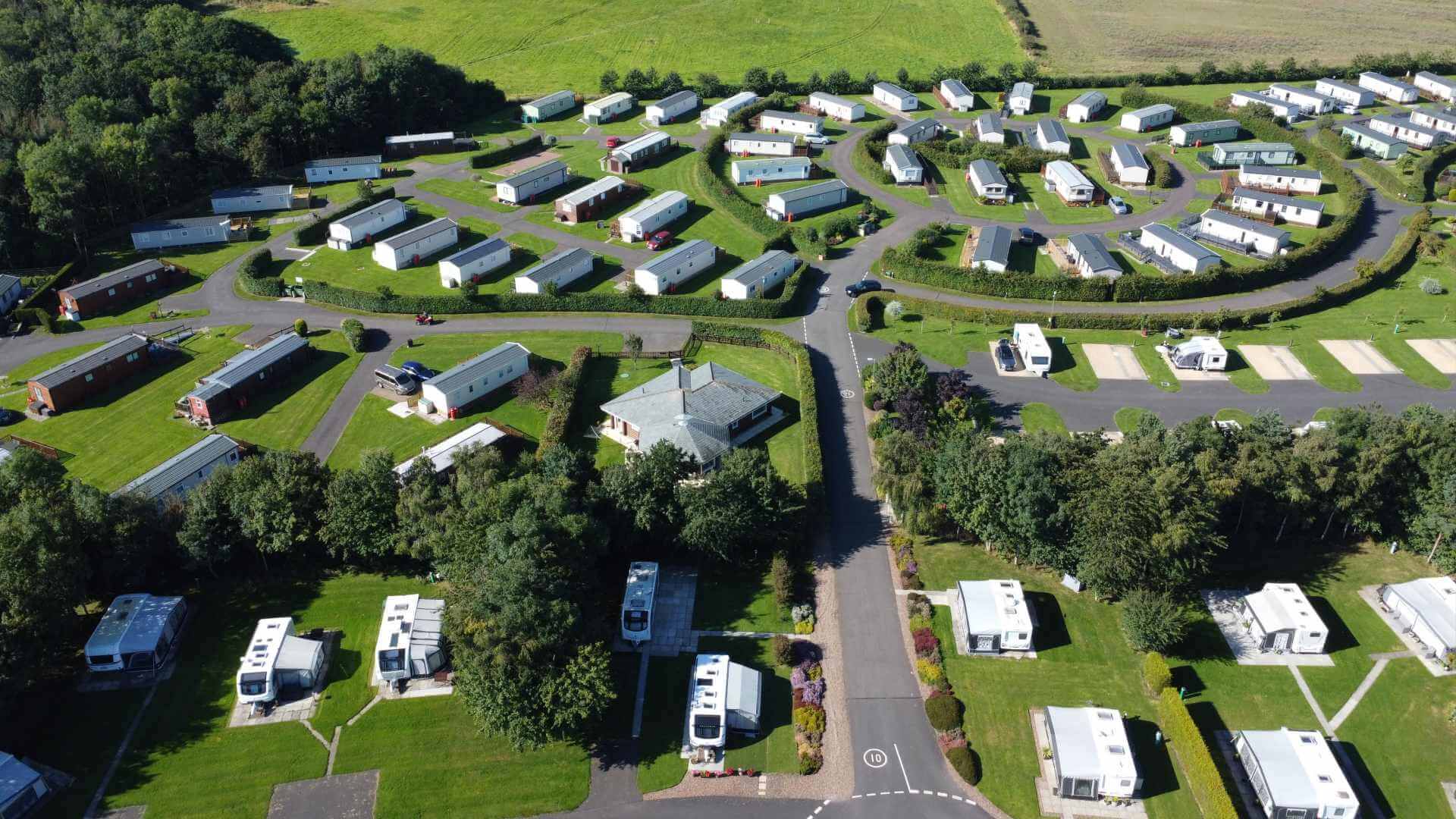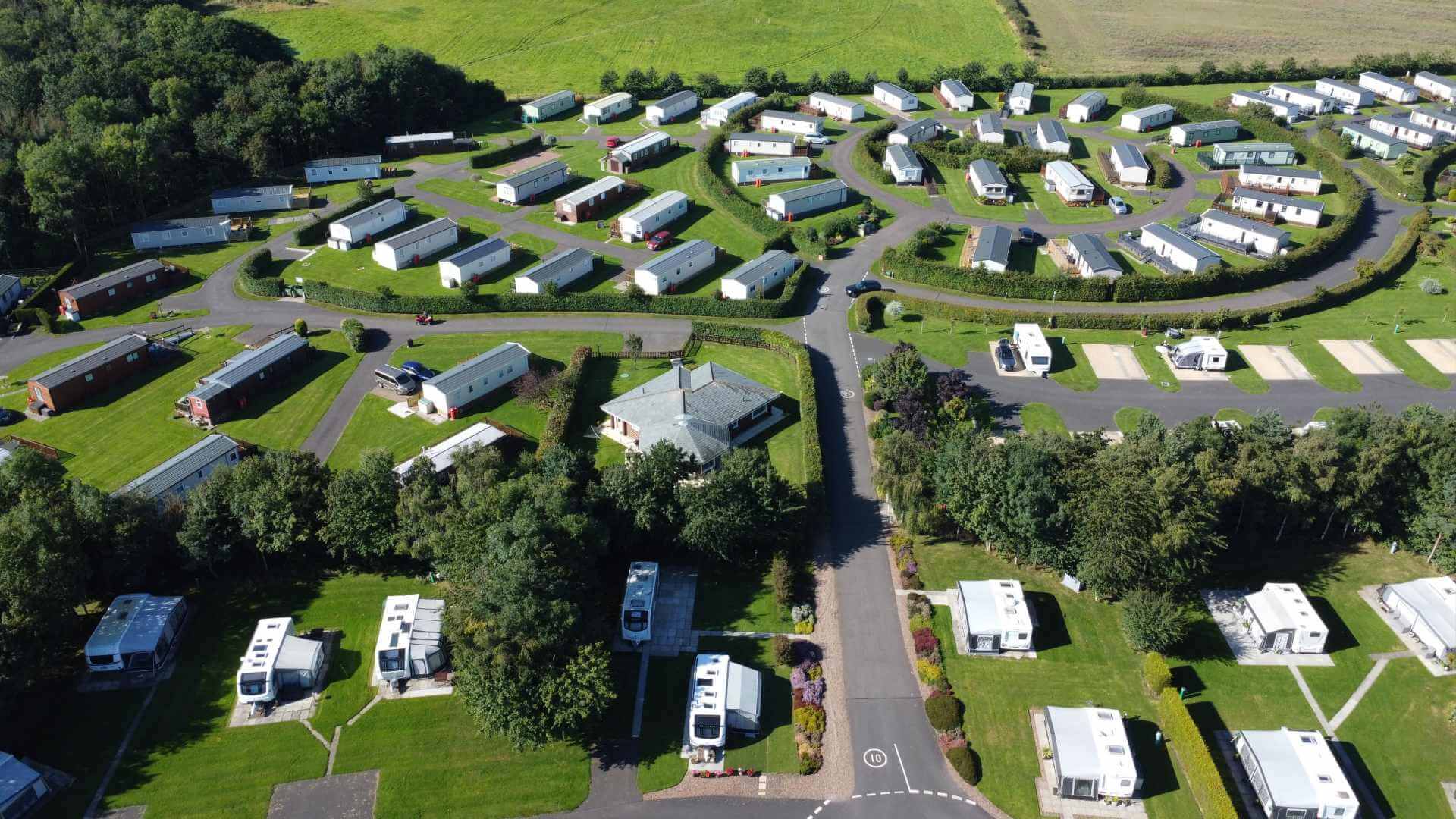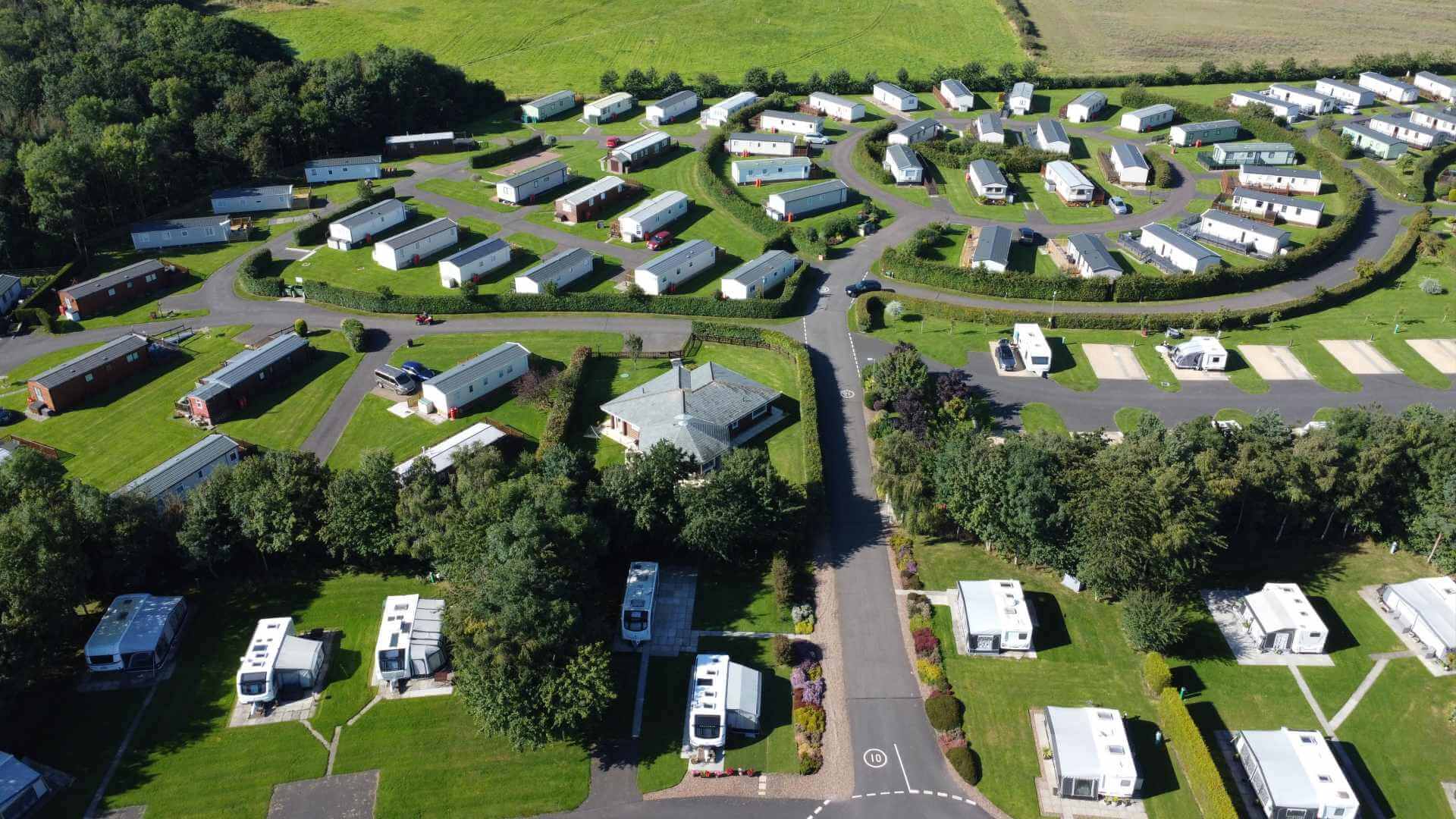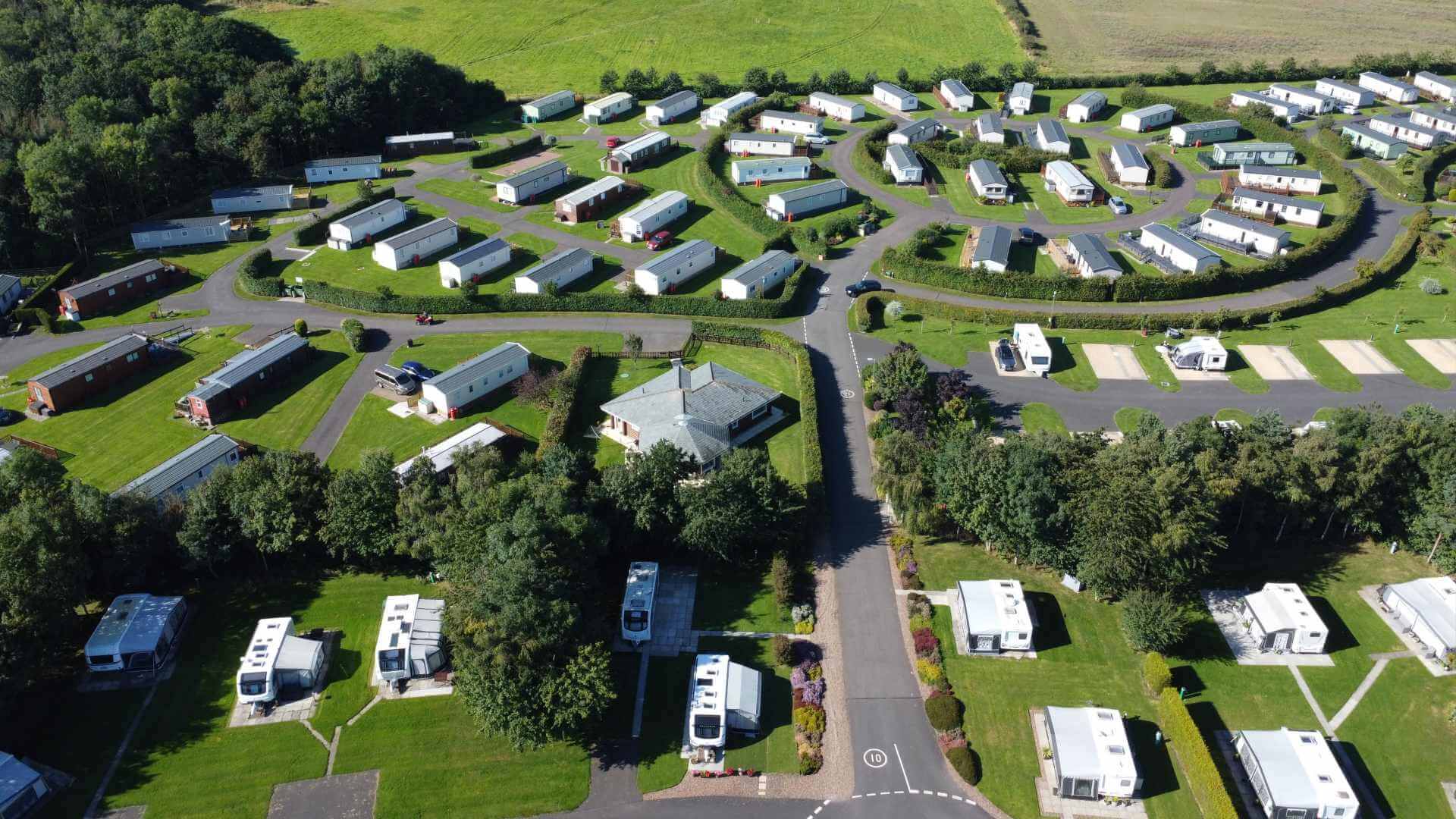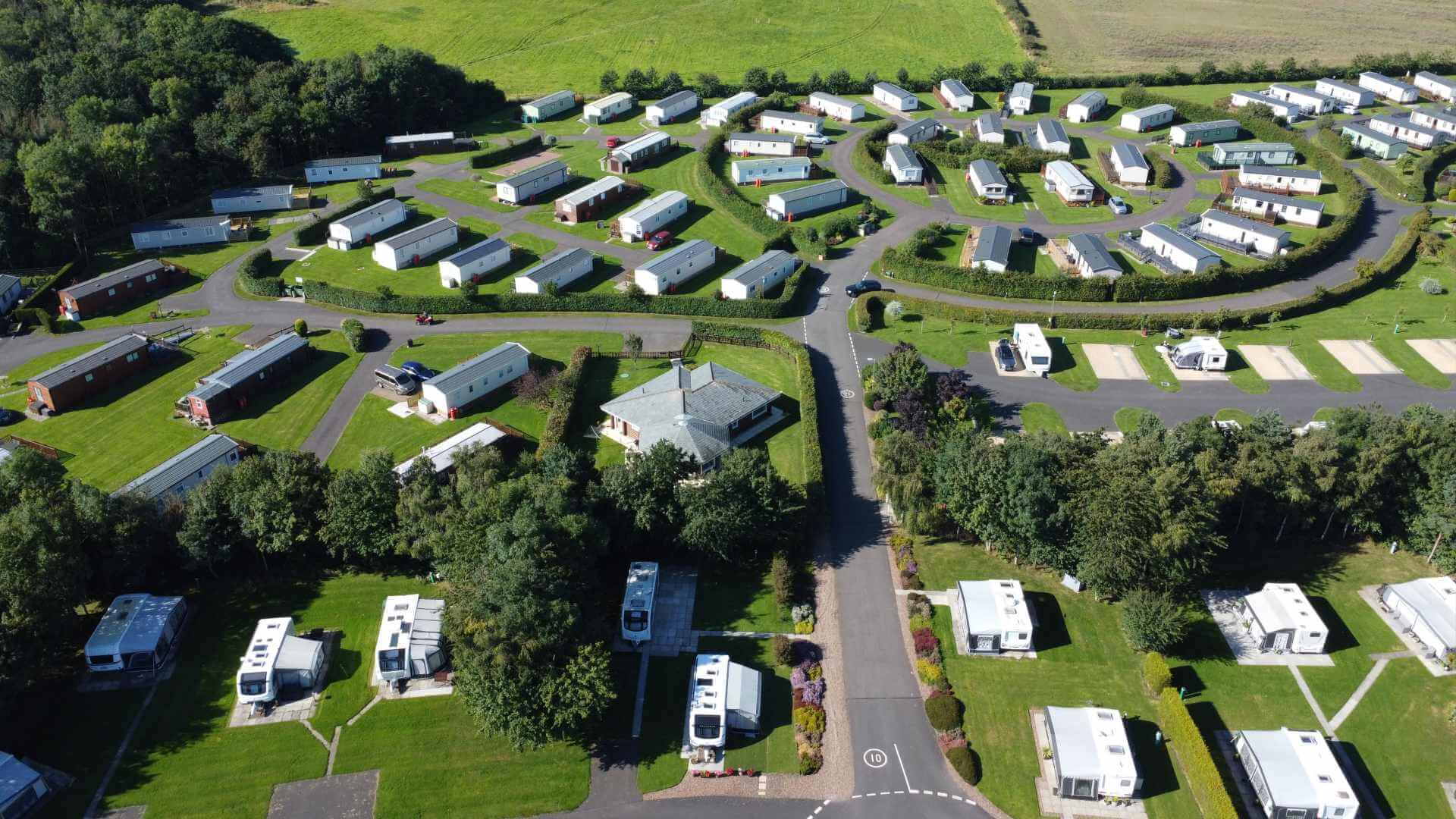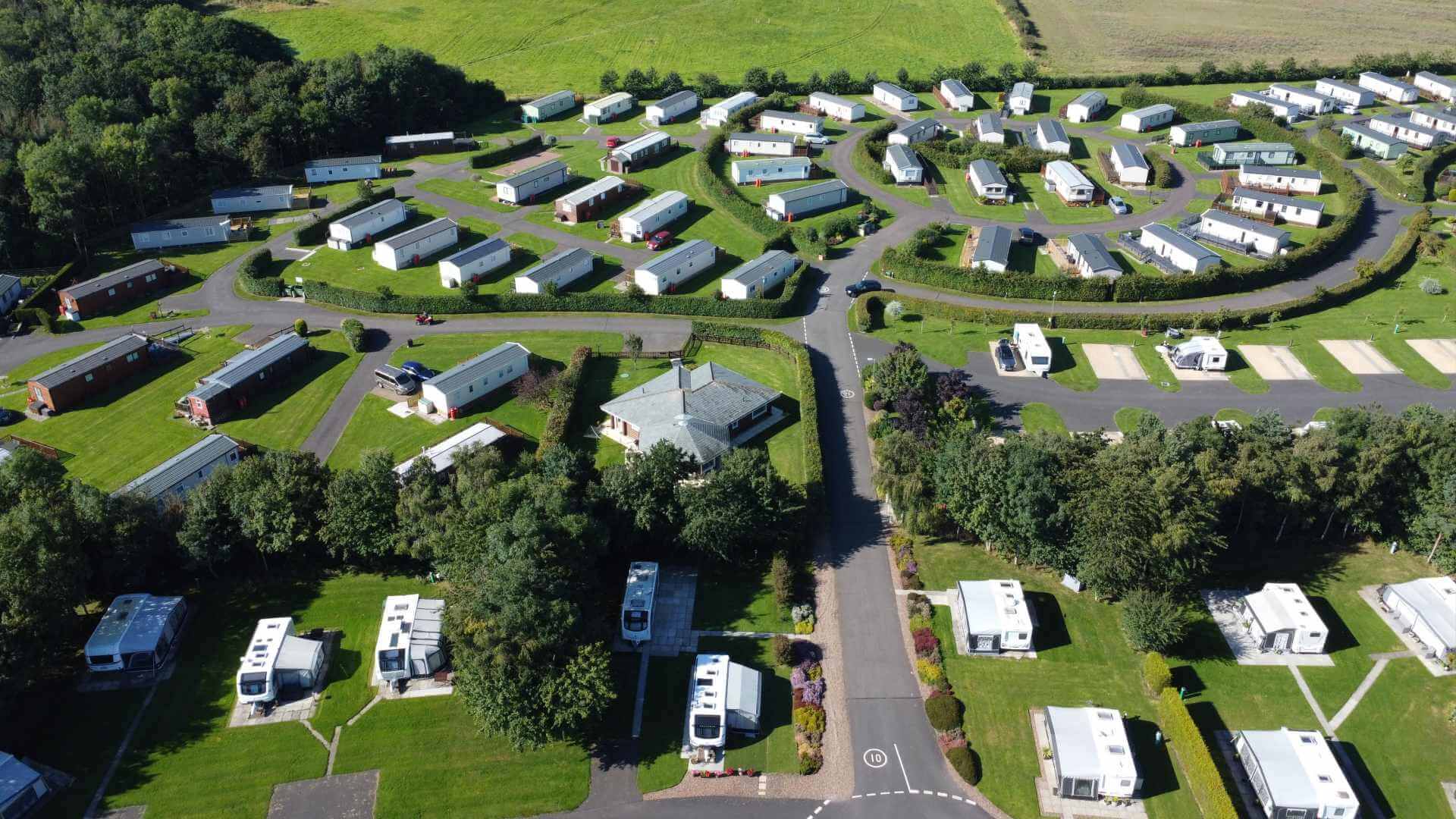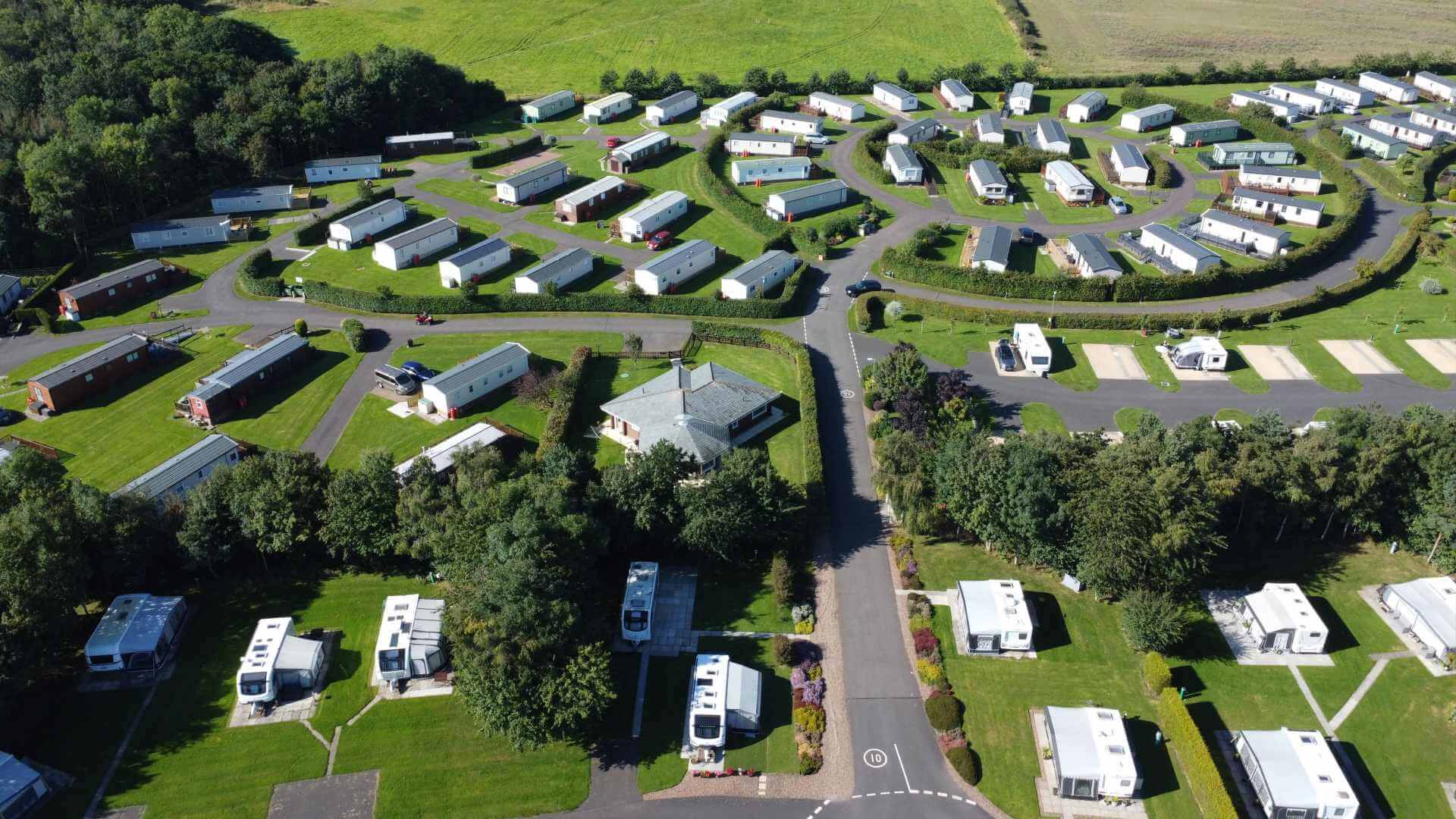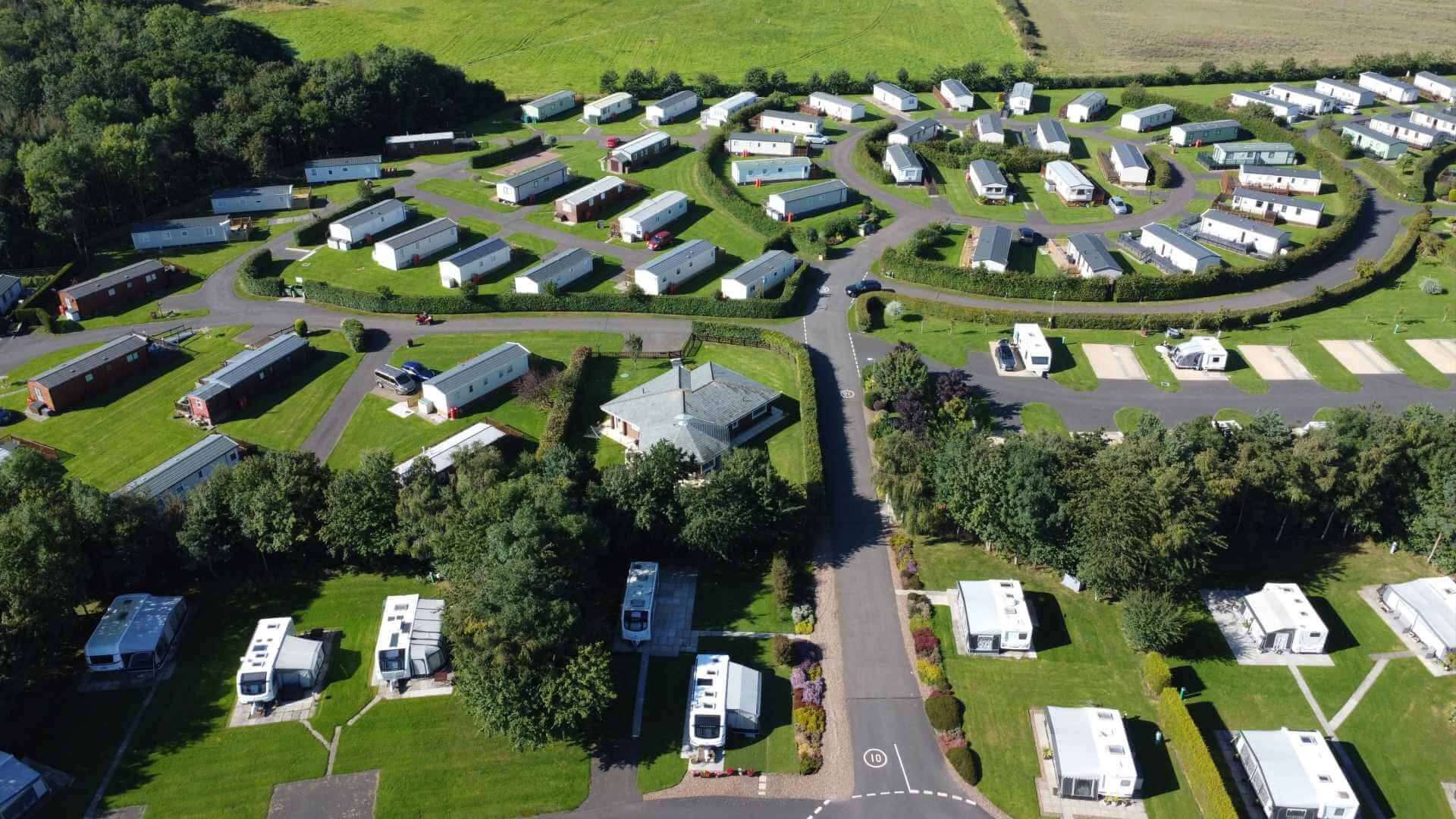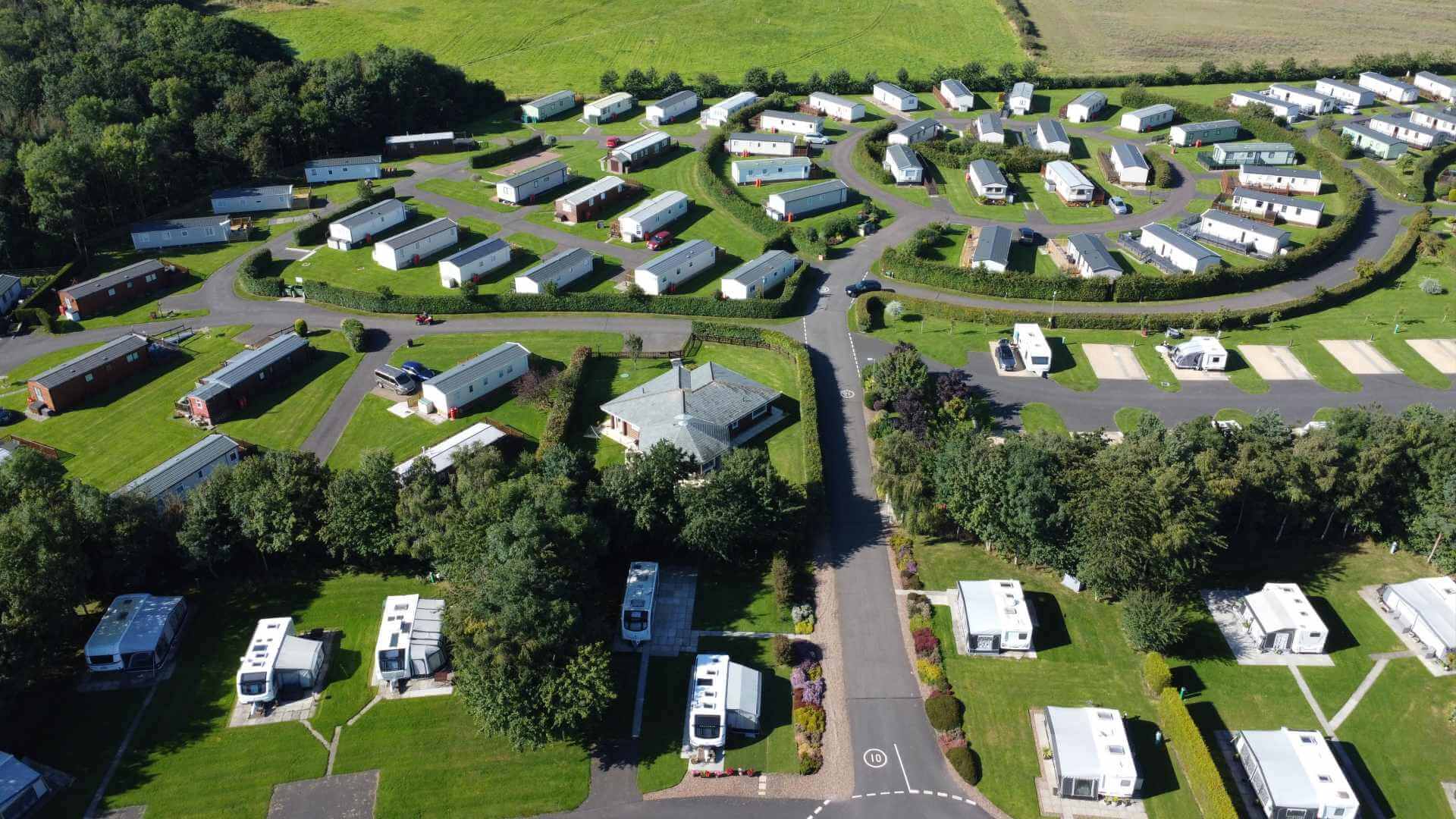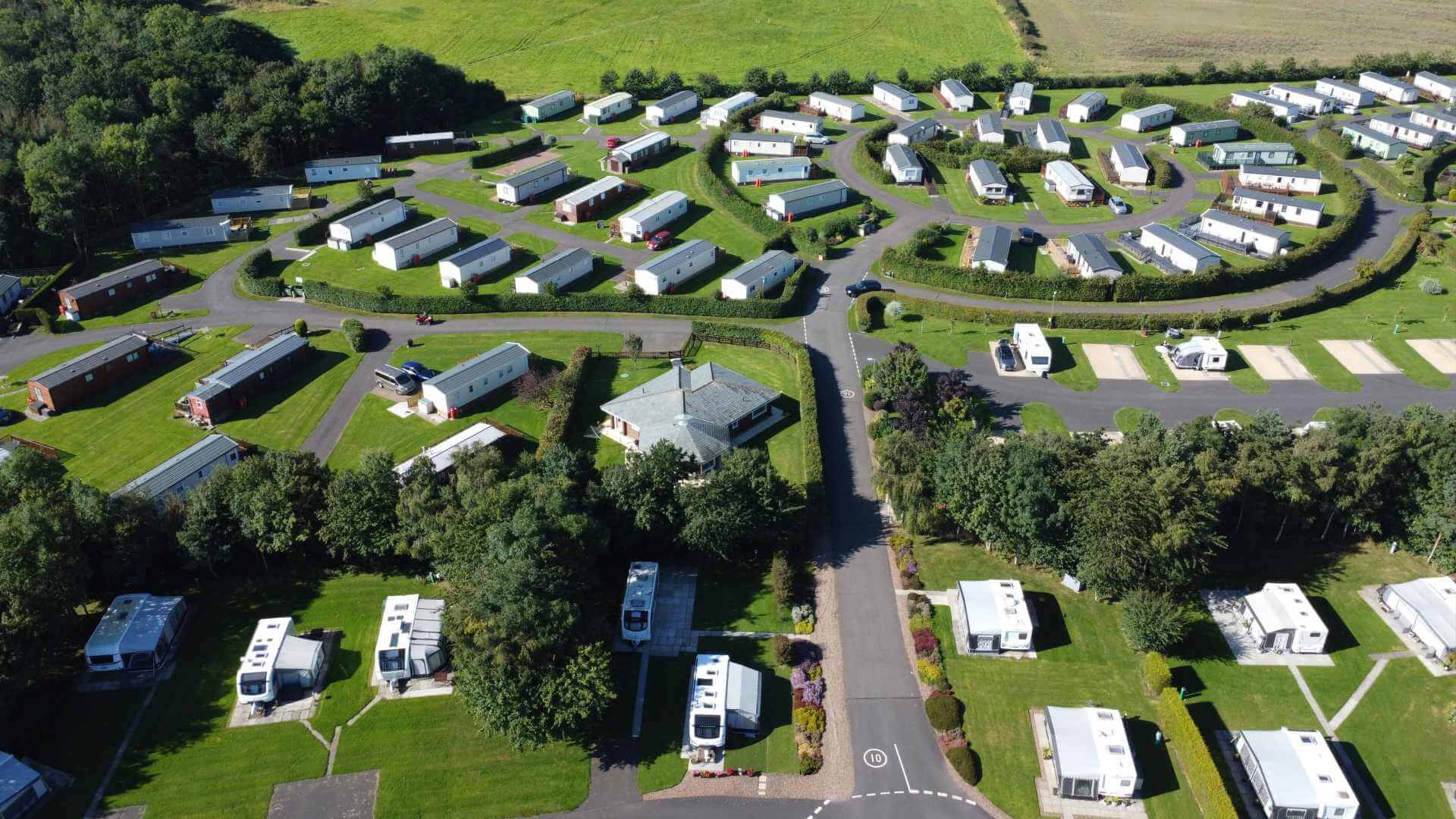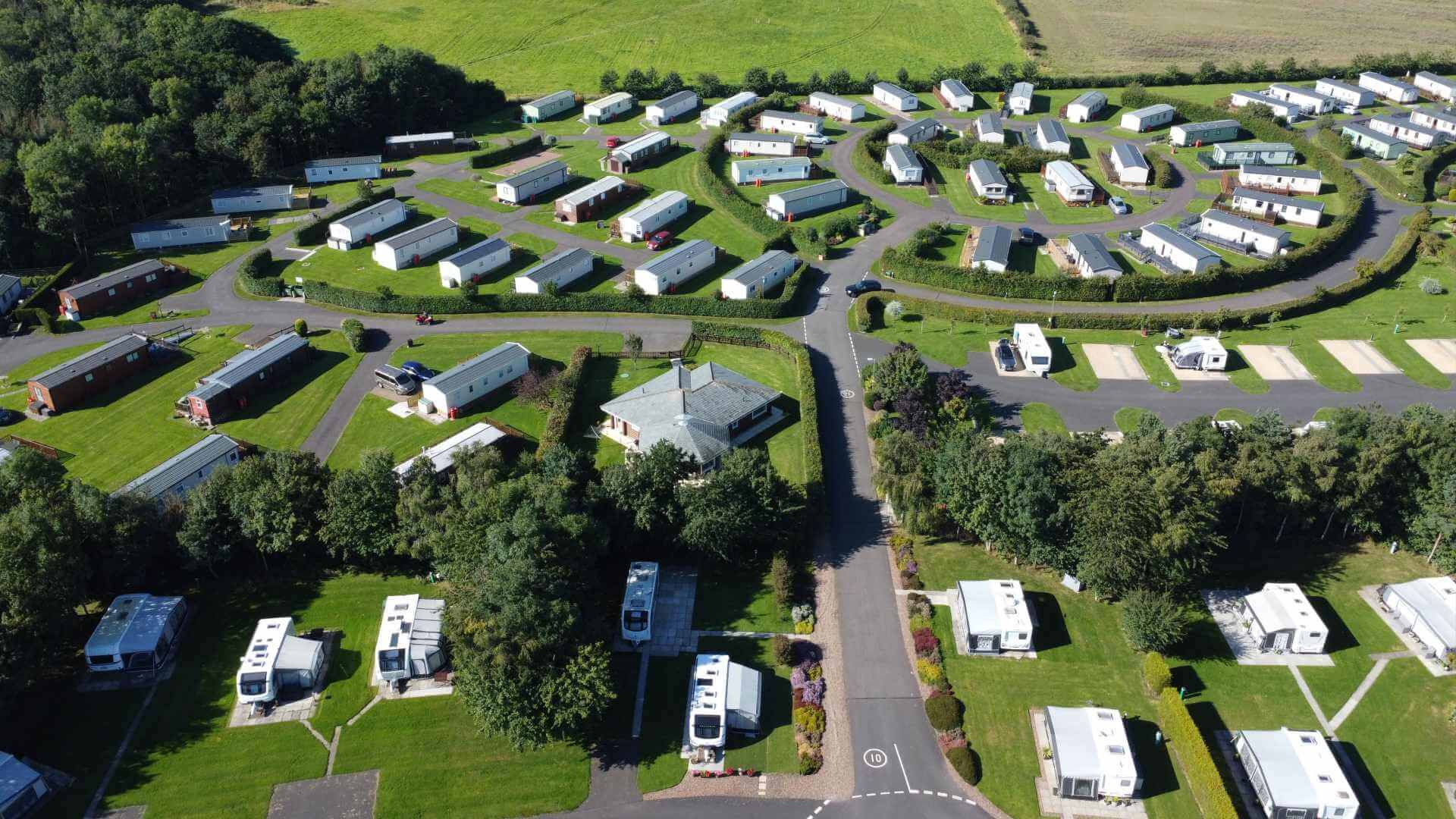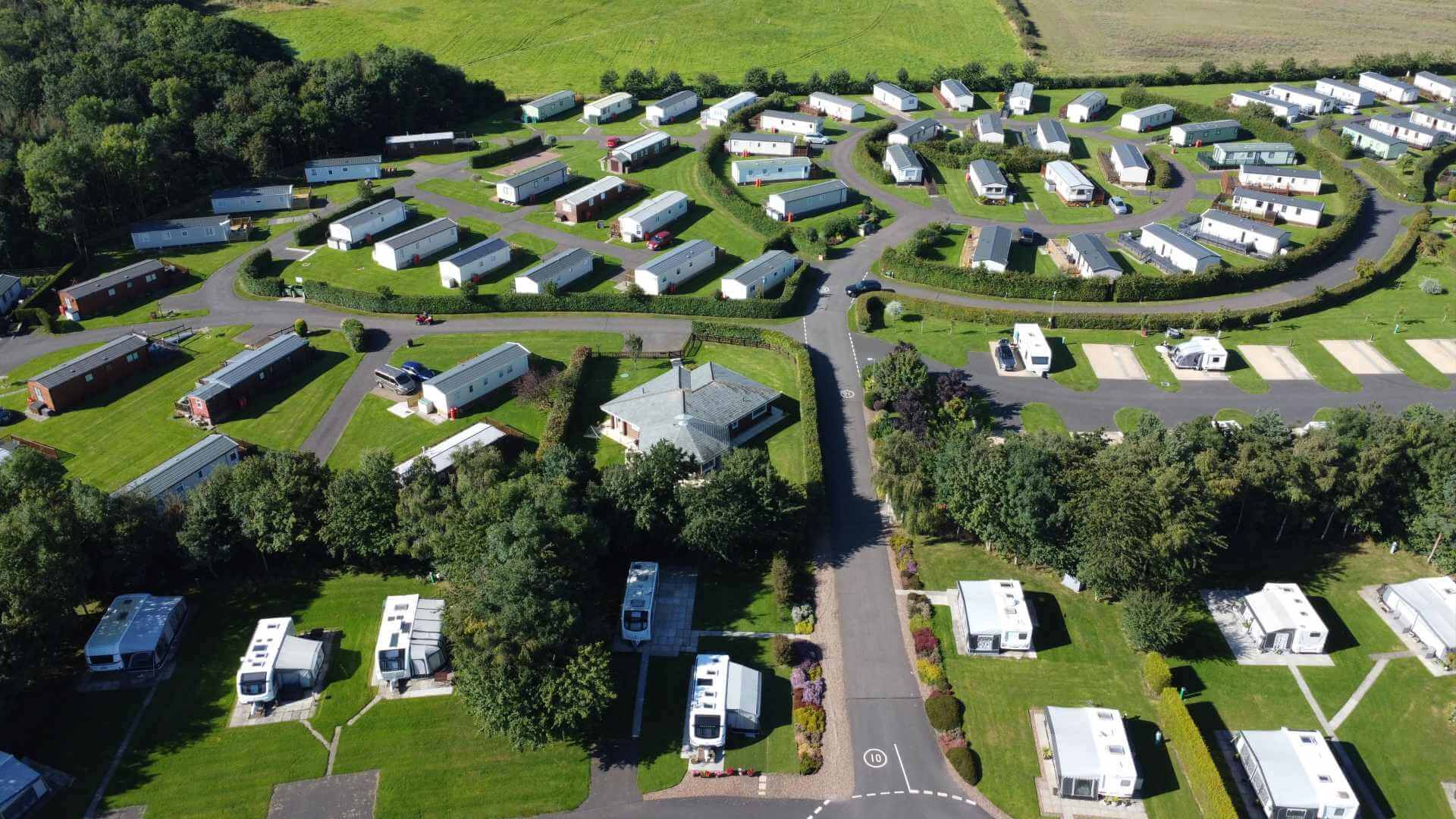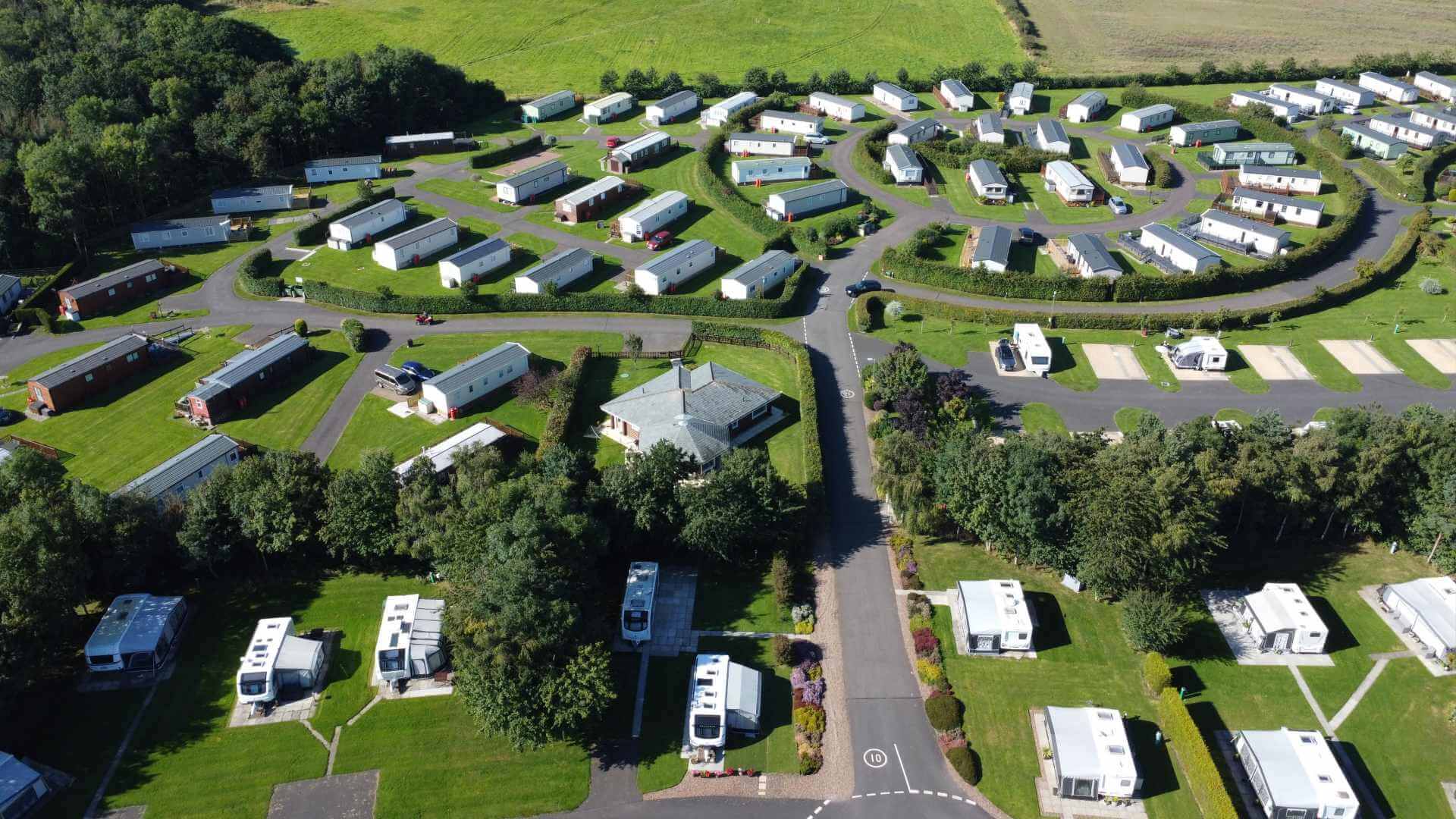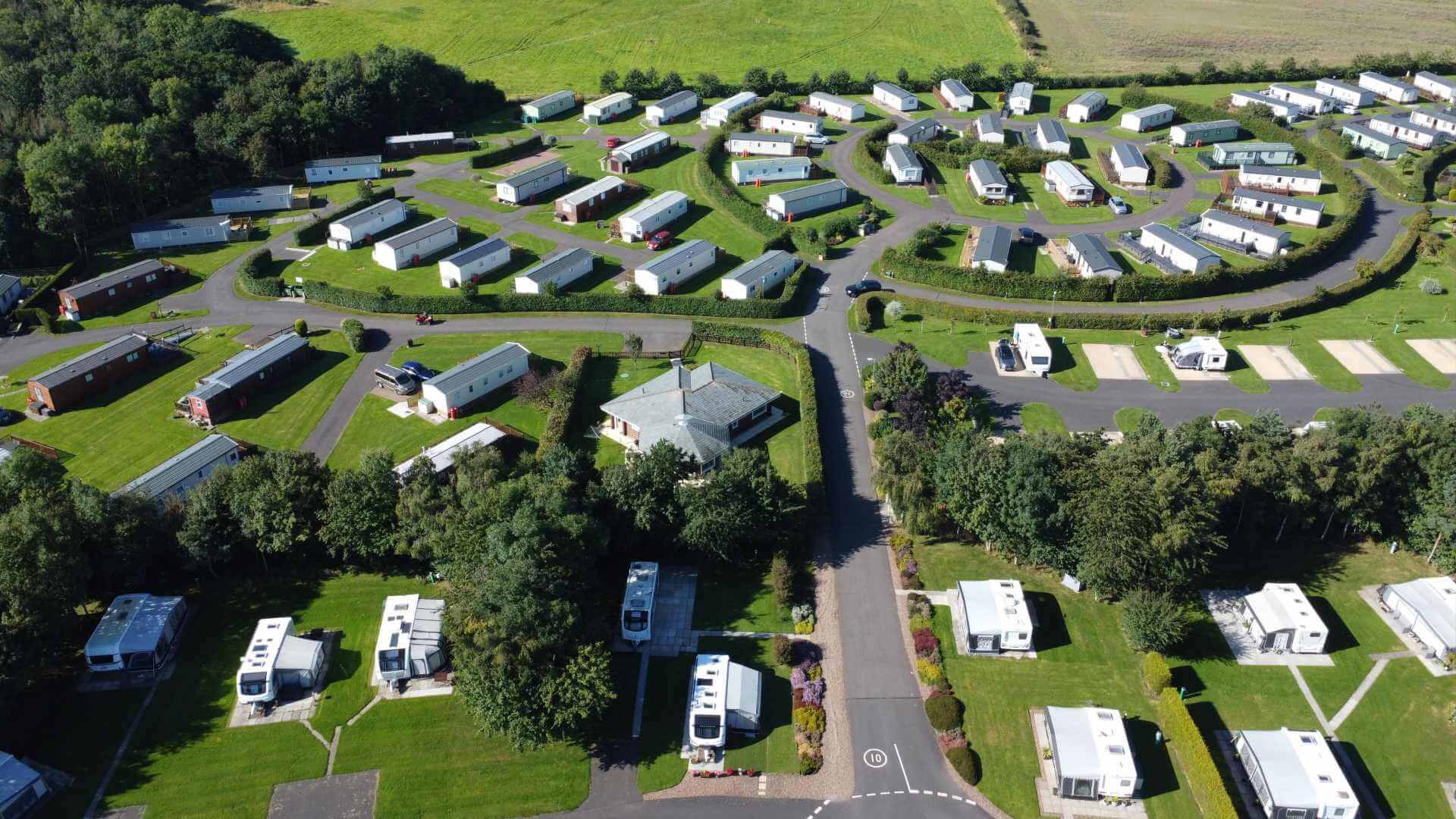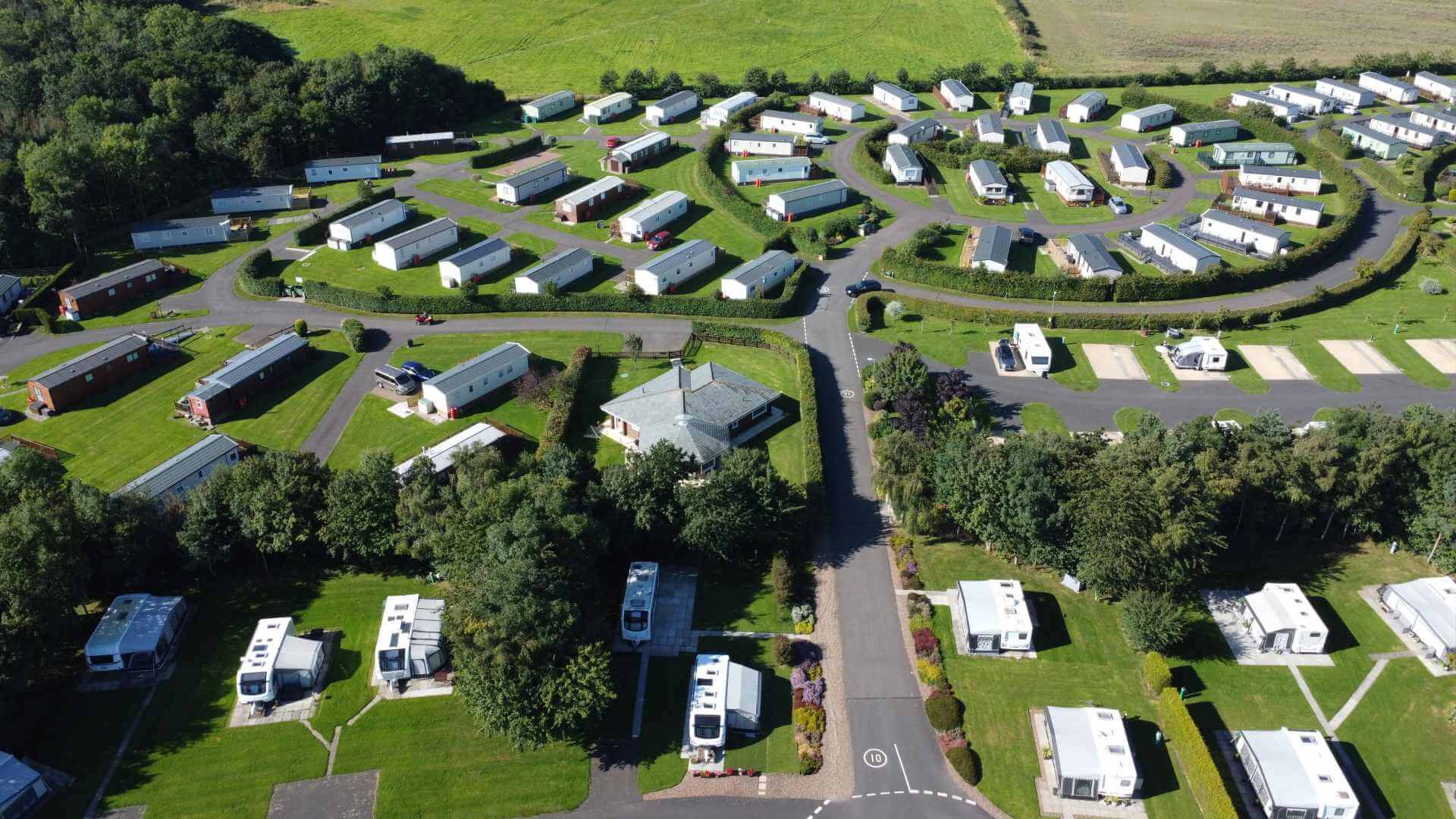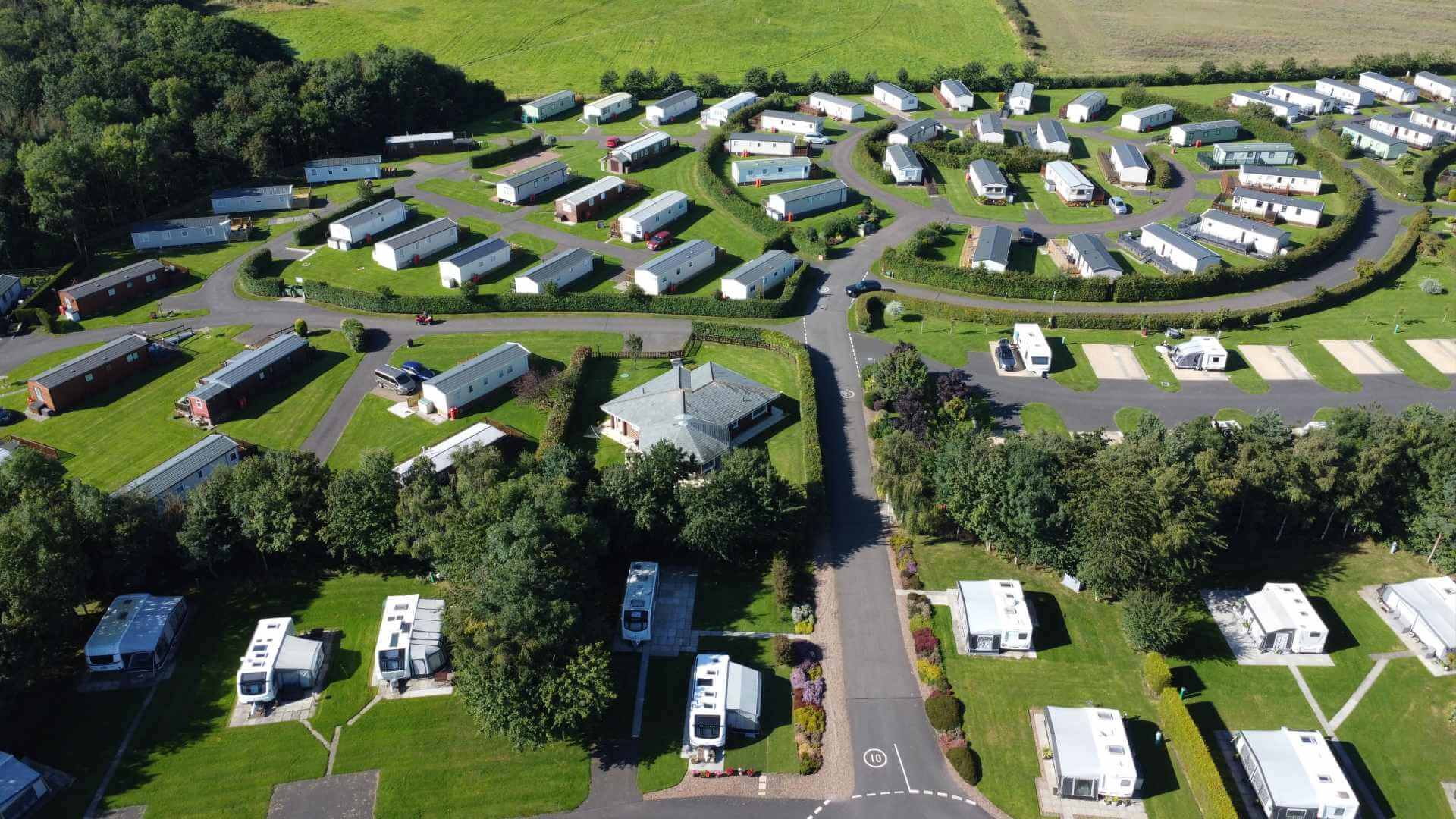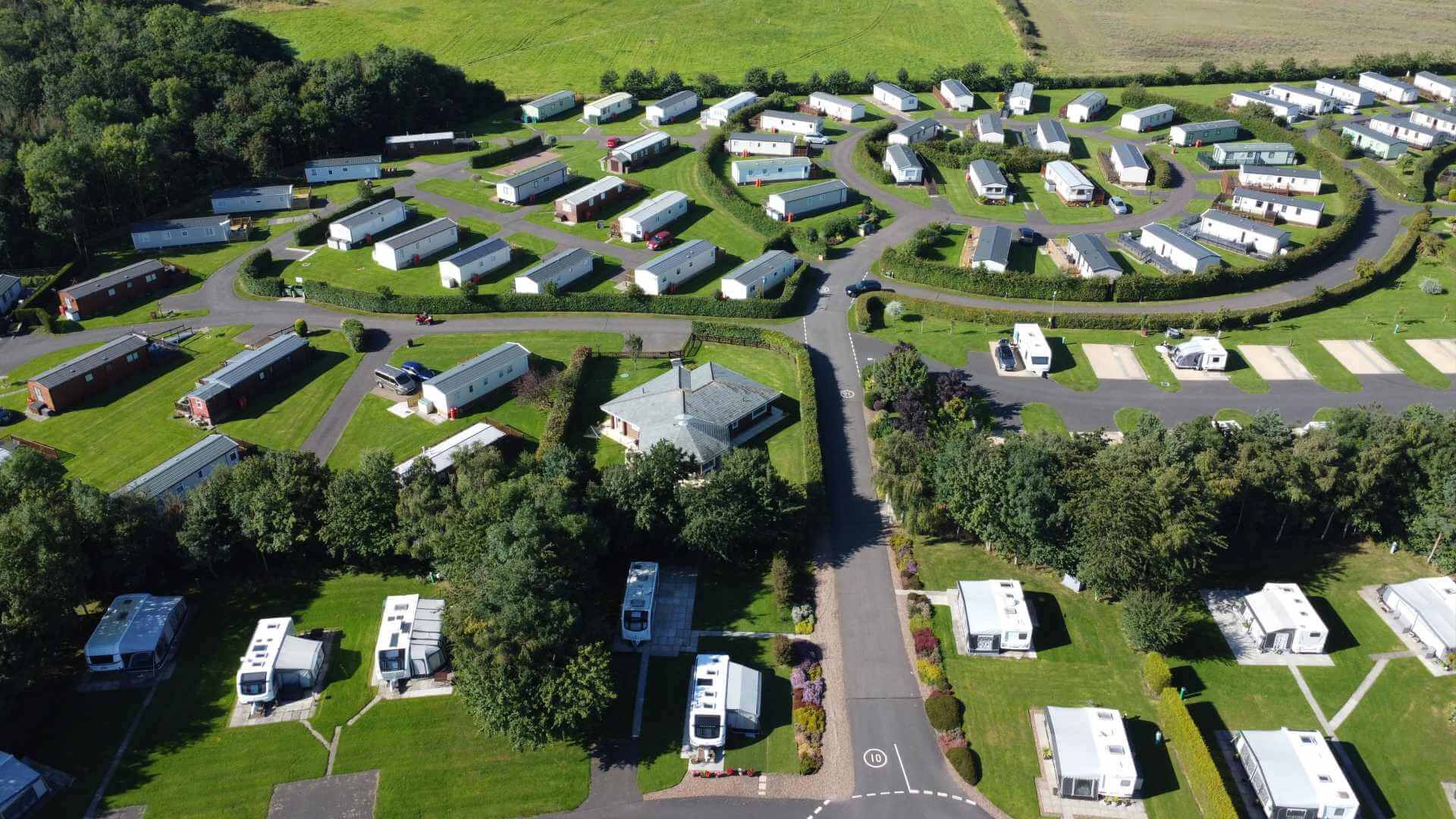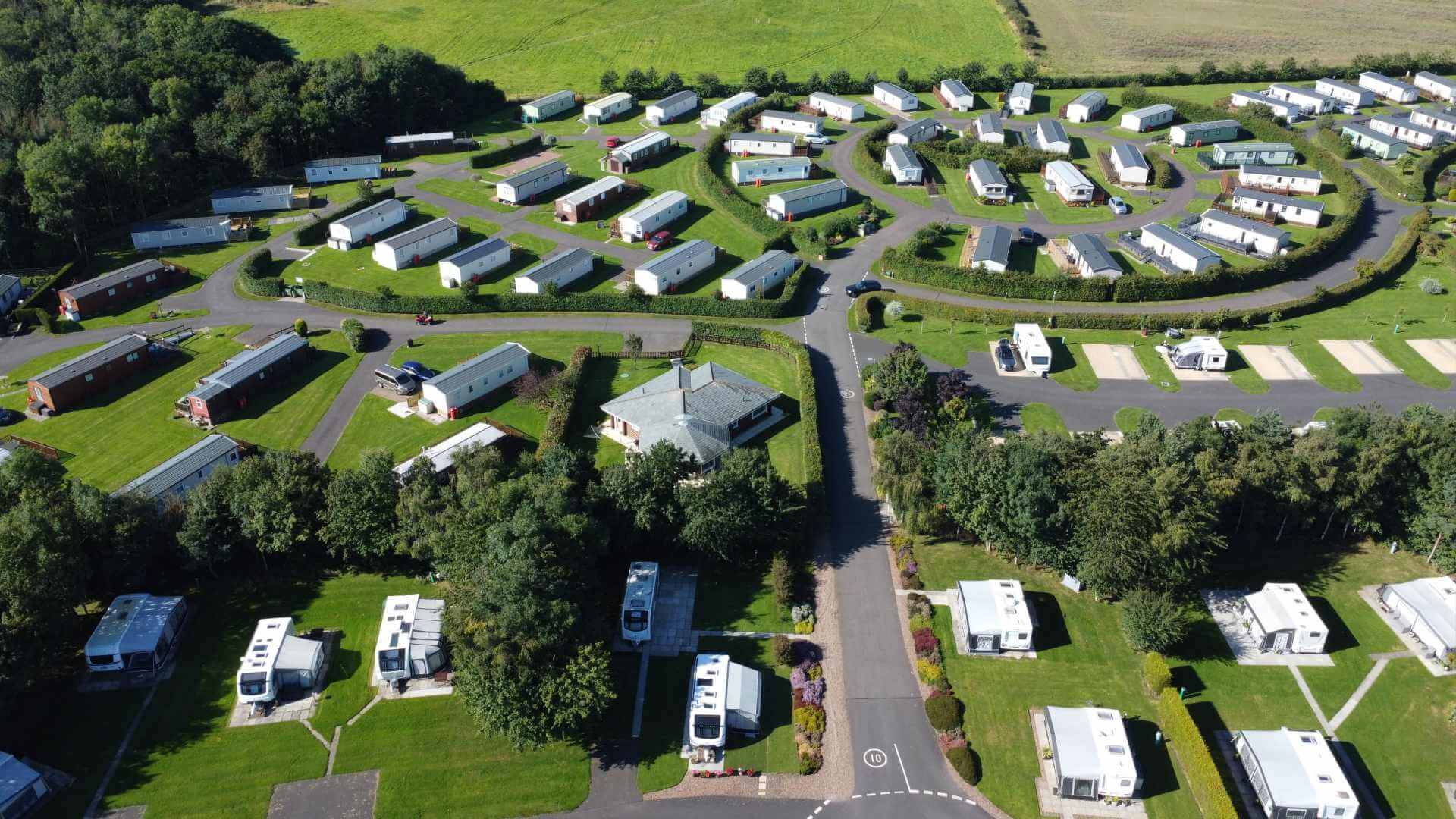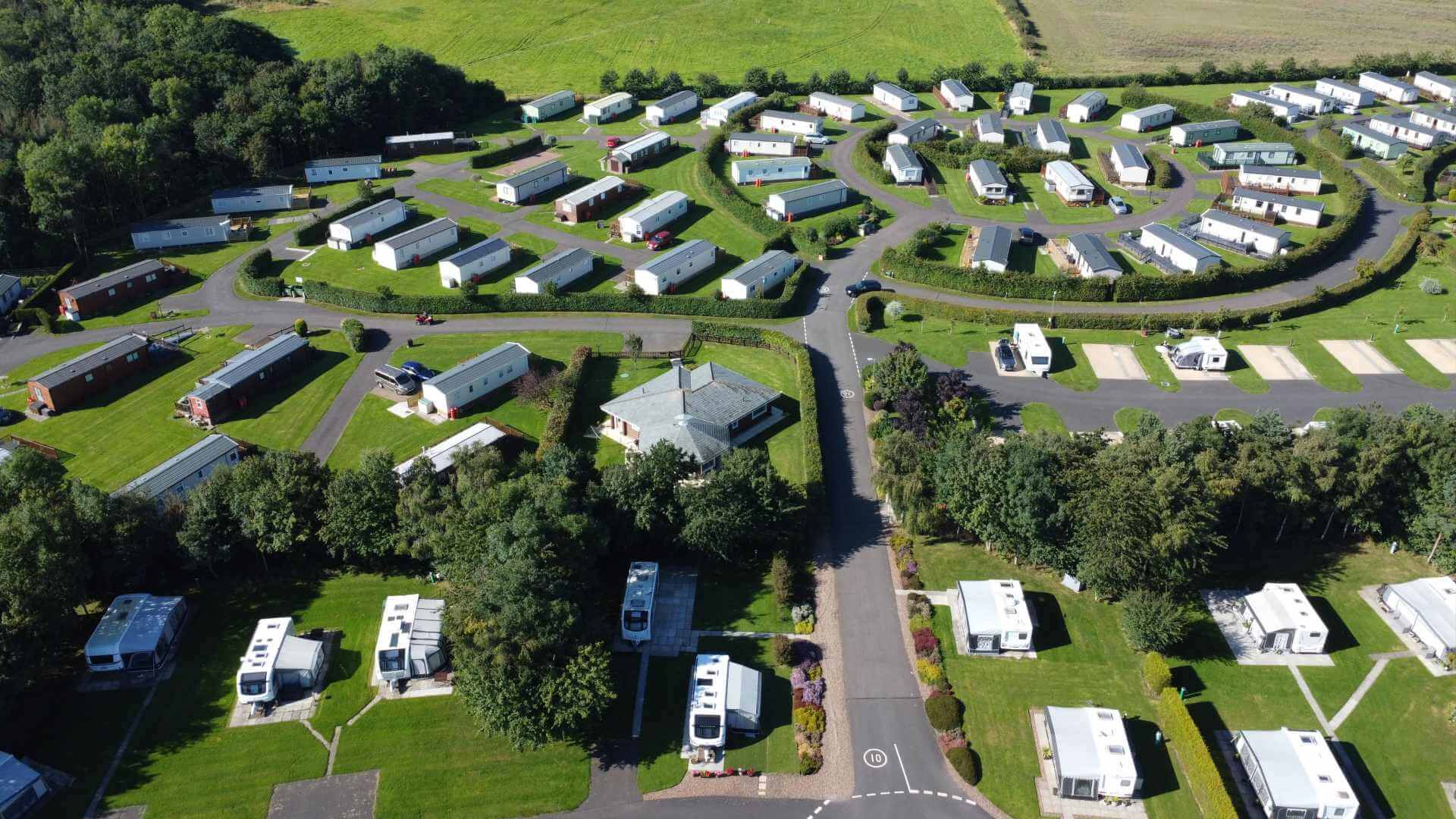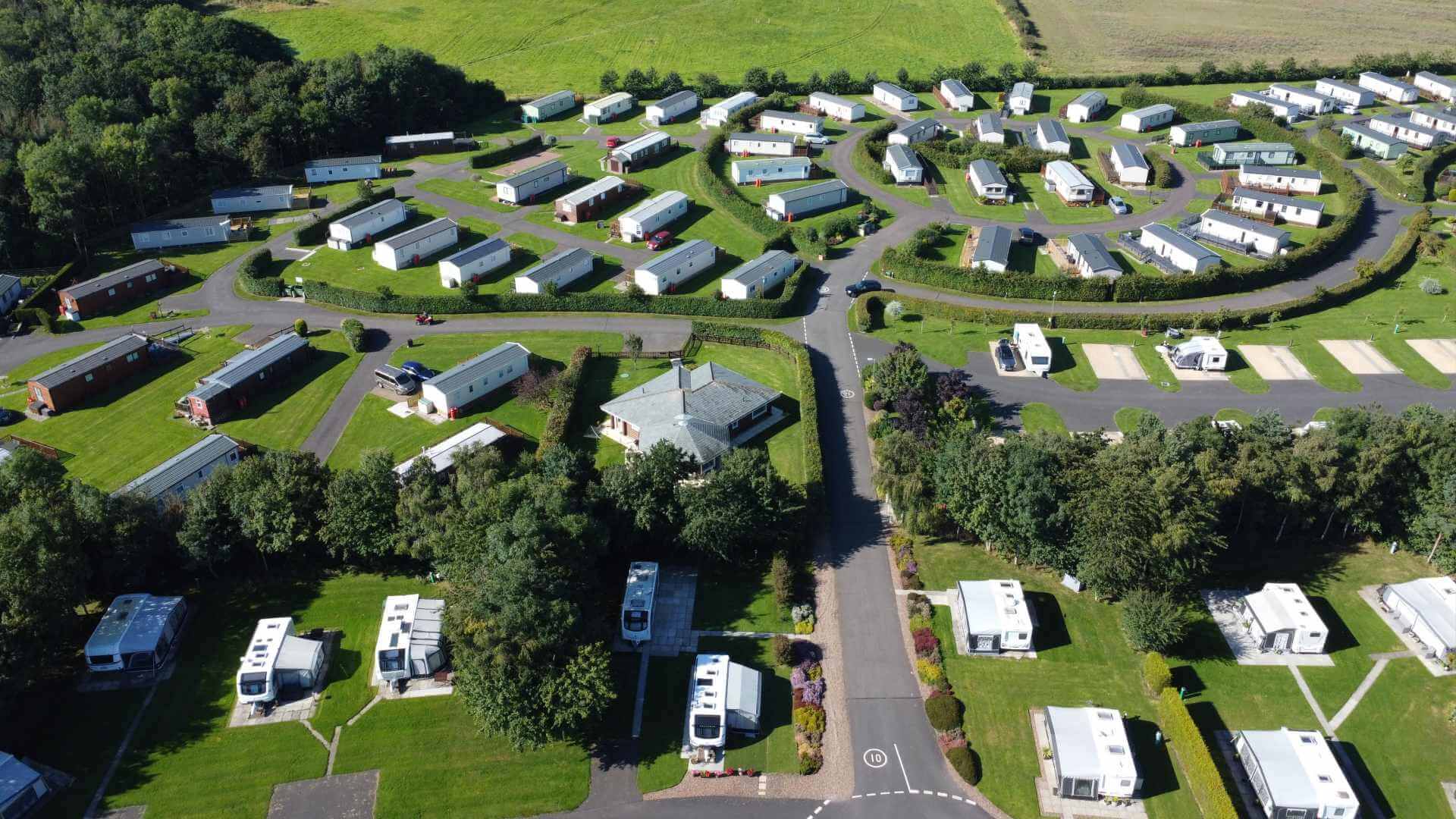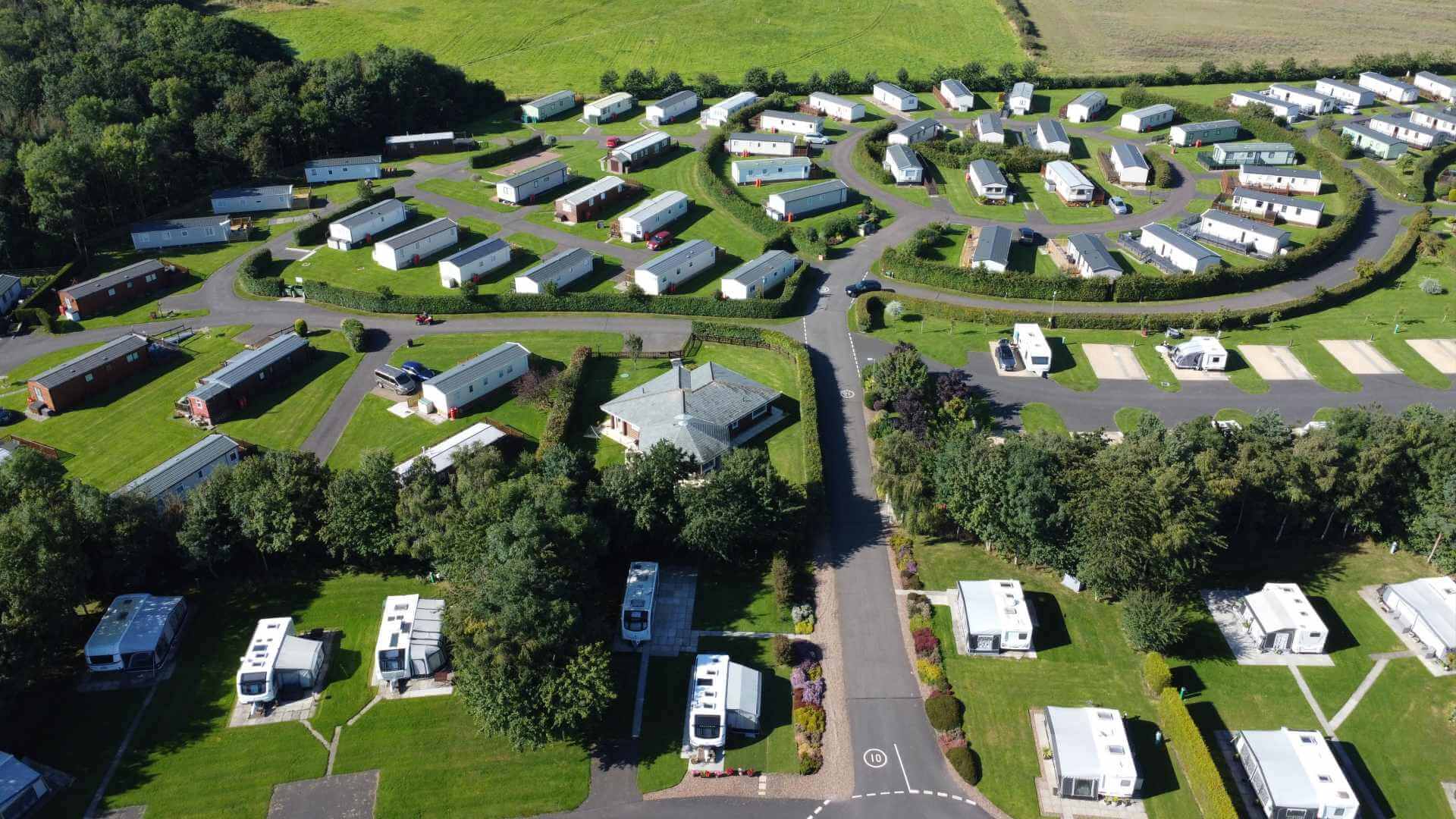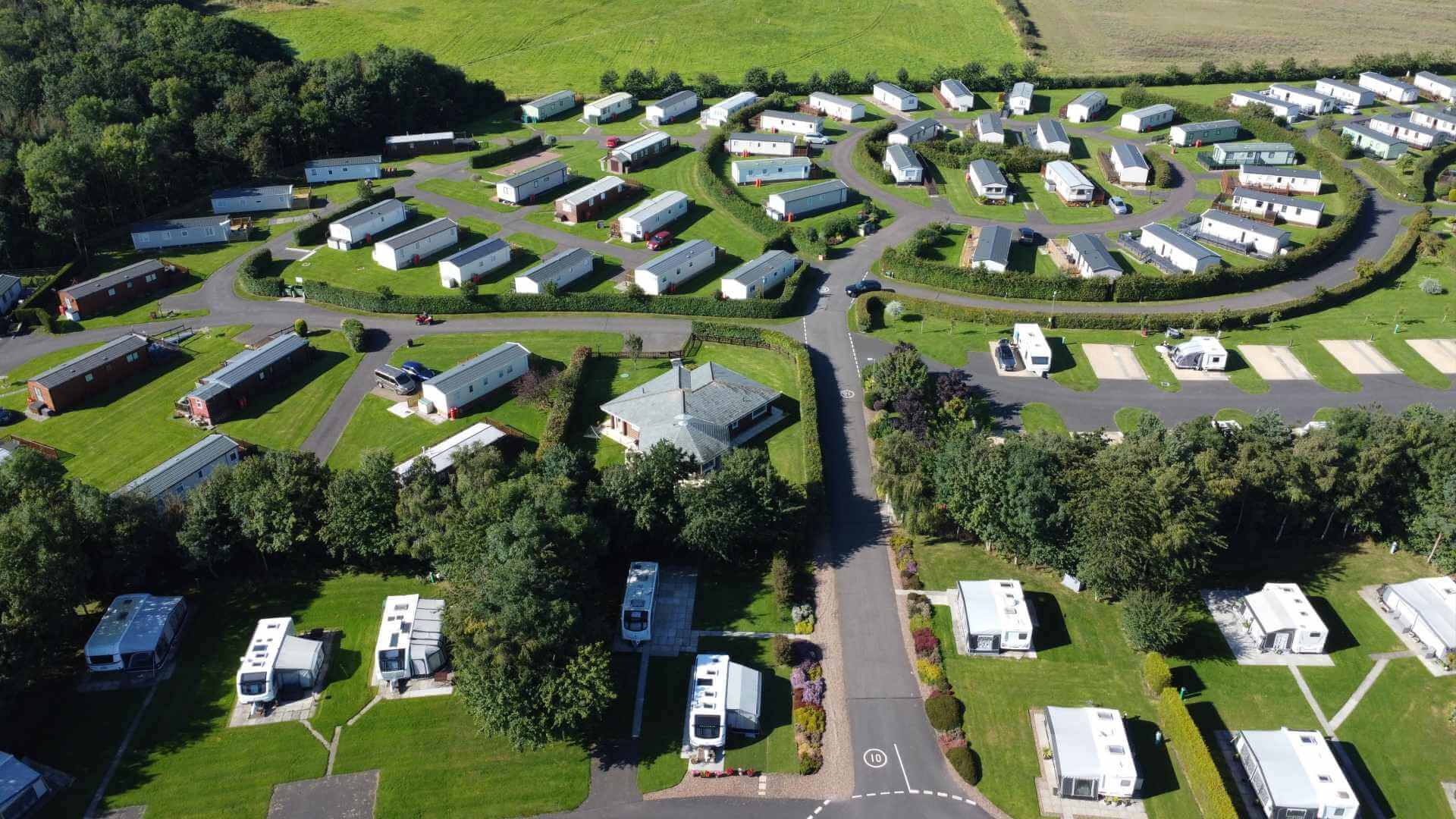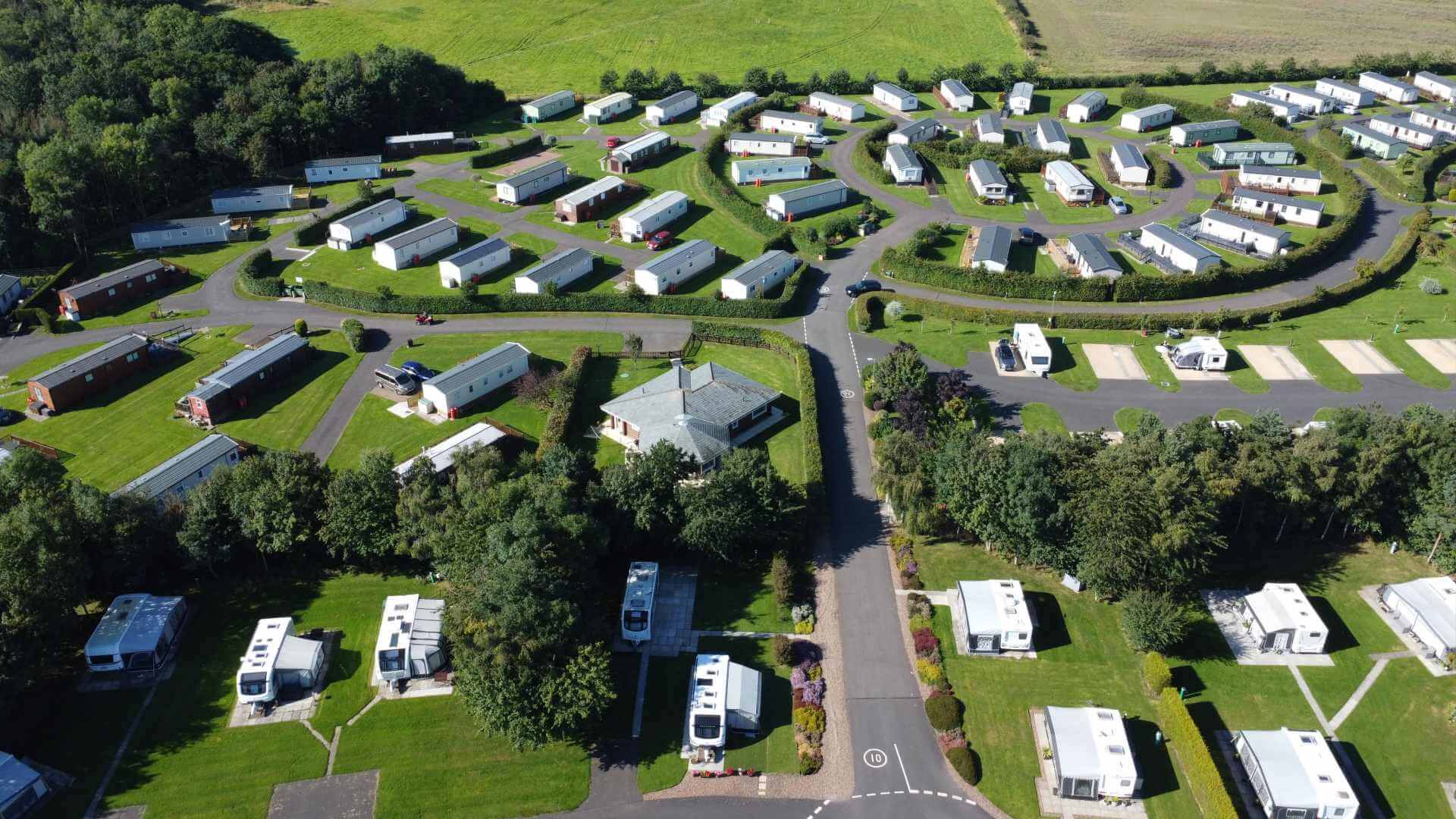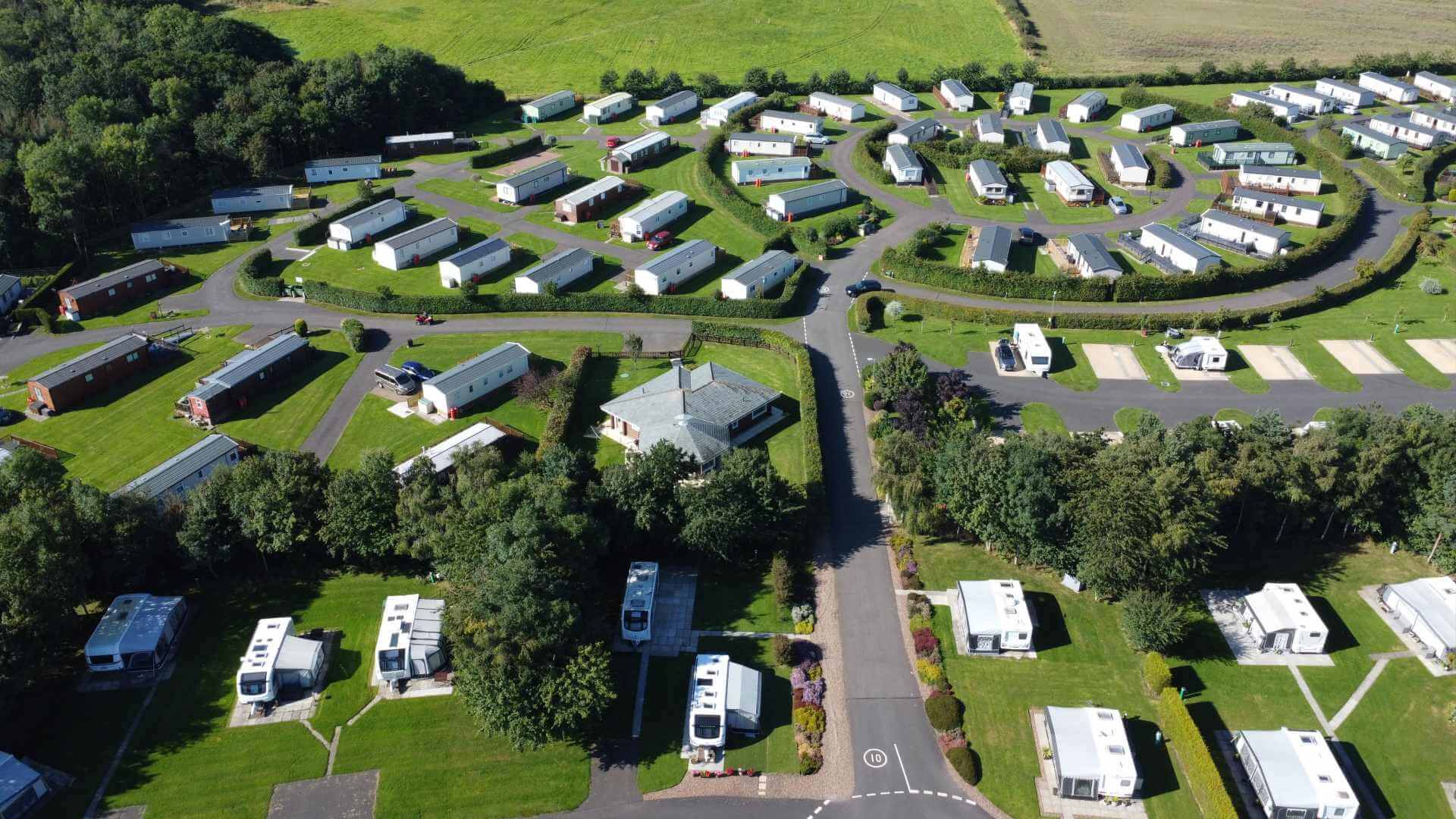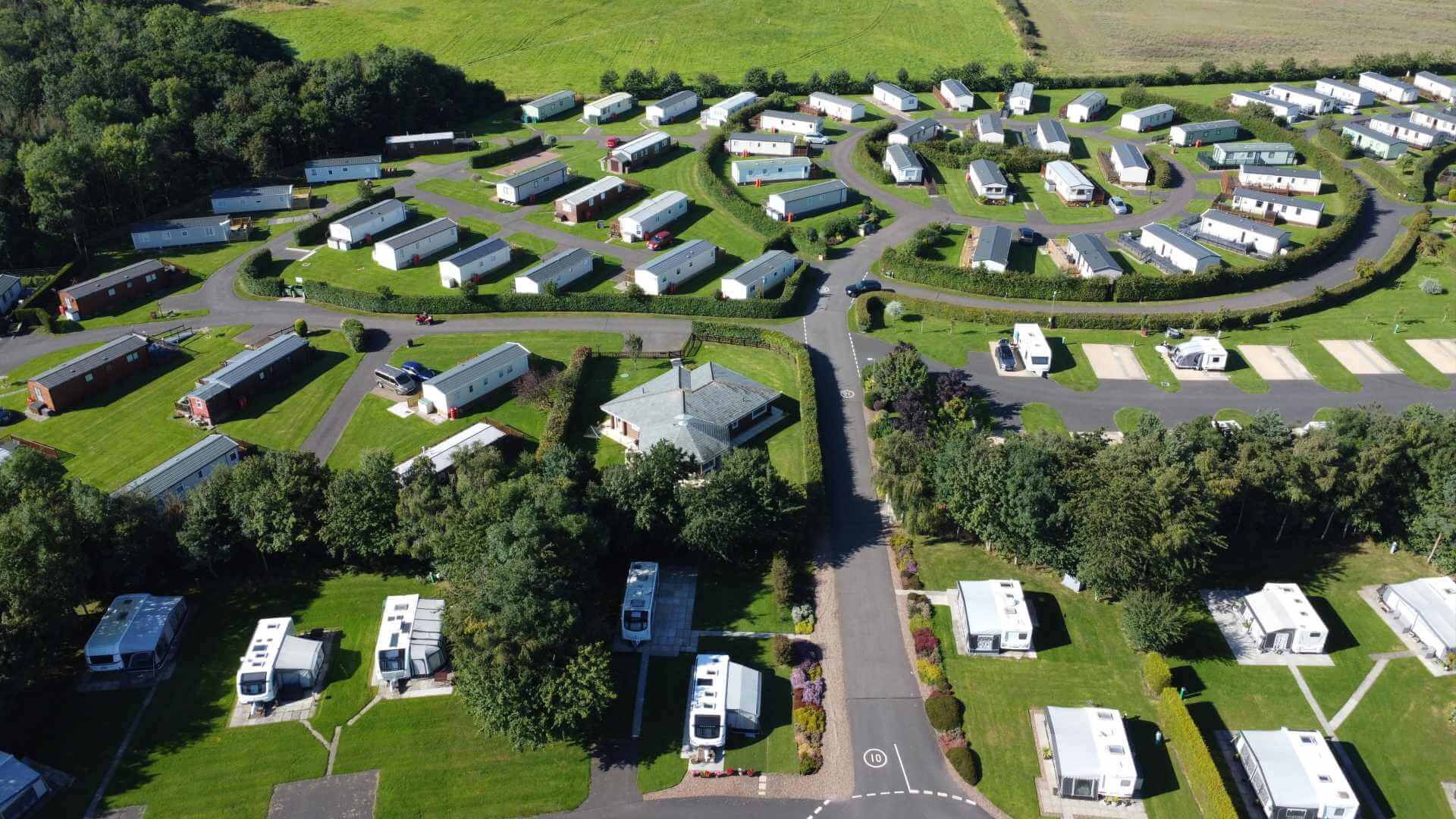Caravan parks and holiday parks face unique risks, with flooding being one of the most devastating threats to both business operations and …
Seasonal Caravan Park Insurance: Essential Protection for Holiday Park Operators
Introduction
Operating a seasonal caravan park presents unique challenges and risks that standard commercial insurance policies often fail to address adequately. From weather-related damage during closed seasons to liability issues with temporary residents, caravan park operators need specialized insurance coverage that understands the cyclical nature of their business.
Whether you're running a small family-owned site or managing a large holiday park complex, having the right insurance protection is crucial for safeguarding your investment and ensuring business continuity throughout both operating and closed seasons.
Understanding Seasonal Caravan Park Operations
Seasonal caravan parks typically operate during peak holiday months, usually from March through October, though this can vary depending on location and target market. During the closed season, parks face different risks compared to their operational periods, requiring insurance coverage that adapts to these changing circumstances.
The seasonal nature of the business means that revenue is concentrated into specific months, making any disruption during peak season particularly costly. This concentrated earning period makes comprehensive insurance coverage even more critical for financial stability.
Key Insurance Risks for Seasonal Caravan Parks
Weather and Environmental Risks
Seasonal caravan parks are particularly vulnerable to weather-related damage, especially during closed seasons when sites may have reduced supervision. Storm damage, flooding, and freeze-thaw cycles can cause significant damage to infrastructure, static caravans, and facilities.
Winter weather poses specific risks including burst pipes in unheated facilities, roof damage from snow loads, and storm damage to caravans and park buildings. Climate change has increased the frequency and severity of extreme weather events, making adequate weather-related coverage essential.
Fire Risks
Caravan parks face elevated fire risks due to the concentration of accommodation units, often with limited space between them. Electrical faults in aging static caravans, gas appliances, and heating systems can all be ignition sources. The potential for rapid fire spread across multiple units makes this a critical risk area.
During closed seasons, reduced on-site presence can delay fire detection, potentially leading to more extensive damage. Modern fire detection and suppression systems are essential, but insurance coverage for fire damage remains crucial.
Public and Occupier Liability
Even during closed seasons, caravan parks may face liability claims from various sources. Maintenance workers, security personnel, or even trespassers could be injured on site. During operating seasons, the liability exposure increases significantly with guests using facilities, children playing in recreational areas, and visitors accessing various amenities.
Slip and fall accidents around swimming pools, playgrounds, or wet areas are common liability claims. Food poisoning from on-site restaurants or shops can also result in significant liability claims.
Theft and Vandalism
Closed seasonal sites are attractive targets for thieves and vandals. Static caravans contain valuable items including appliances, furniture, and entertainment systems. Copper piping, electrical cables, and other materials can be targeted for their scrap value.
Vandalism can cause extensive damage requiring costly repairs before the next season opens. Security measures help, but insurance coverage for theft and malicious damage remains essential.
Business Interruption
For seasonal businesses, any interruption during peak operating months can be financially devastating. A fire, flood, or other insured event that prevents opening for the season or forces early closure can result in the loss of an entire year's revenue.
Business interruption insurance for seasonal operations needs to account for the concentrated earning period and the inability to make up lost revenue outside the operating season.
Essential Insurance Coverage Types
Property Insurance
Comprehensive property insurance should cover all buildings, static caravans owned by the park, infrastructure, and contents. This includes reception buildings, toilet blocks, laundry facilities, shops, restaurants, swimming pool buildings, and maintenance facilities.
Coverage should extend to landscaping, fencing, roadways, and utilities infrastructure. For parks with owned static caravans, individual unit coverage is essential, including contents and fixtures.
Public Liability Insurance
Public liability coverage protects against claims from visitors, guests, and third parties who may be injured on the premises or suffer property damage due to the park's operations. Coverage limits should reflect the potential for multiple claims from single incidents.
The policy should cover activities across the entire site, including recreational facilities, swimming pools, playgrounds, and any entertainment venues. Food and beverage operations require specific consideration within the liability coverage.
Employers' Liability Insurance
For parks employing staff, employers' liability insurance is legally required and protects against claims from employees injured during work. This includes seasonal staff, maintenance workers, cleaning staff, and management personnel.
Coverage should account for the various work environments within the park, from office work to outdoor maintenance and customer service roles.
Business Interruption Insurance
Business interruption coverage should be specifically tailored for seasonal operations. The policy needs to account for the concentrated earning period and provide adequate coverage for lost revenue during forced closure.
Additional expense coverage can help with costs incurred to minimize business interruption, such as alternative accommodation for displaced guests or expedited repairs to reopen quickly.
Professional Indemnity Insurance
Parks offering booking services, advice on local attractions, or other advisory services may benefit from professional indemnity coverage. This protects against claims arising from alleged negligent advice or services.
Cyber Insurance
Modern caravan parks rely heavily on technology for bookings, payments, and guest services. Cyber insurance protects against data breaches, system failures, and cyber attacks that could disrupt operations or compromise guest information.
Seasonal Considerations
Closed Season Coverage
During closed seasons, insurance needs shift from operational risks to property protection. Policies should maintain full property coverage while potentially adjusting liability coverage based on reduced site activity.
Vacant property clauses need careful consideration to ensure coverage isn't inadvertently voided during closed periods. Regular site inspections and maintenance schedules may be policy requirements.
Opening and Closing Procedures
Insurance policies may have specific requirements for seasonal opening and closing procedures. This could include winterization of water systems, securing of facilities, and implementation of security measures.
Failure to follow prescribed procedures could impact coverage, making it essential to understand and comply with all policy requirements.
Weather Monitoring
Some insurers require weather monitoring and specific responses to weather warnings. This might include securing loose items, checking drainage systems, or implementing emergency procedures.
Maintenance Requirements
Year-round maintenance requirements may be specified in policies, even during closed seasons. This ensures properties remain in good condition and reduces the risk of weather-related damage.
Factors Affecting Insurance Costs
Location and Weather Exposure
Parks in areas prone to flooding, storms, or other weather events typically face higher premiums. Coastal locations may have additional considerations for salt air corrosion and storm surge risks.
Site Security
Comprehensive security measures including CCTV, alarm systems, security lighting, and regular patrols can help reduce premiums by minimizing theft and vandalism risks.
Fire Protection
Modern fire detection and suppression systems, adequate water supplies for firefighting, and appropriate spacing between units can positively impact insurance costs.
Claims History
A clean claims history demonstrates good risk management and can result in lower premiums. Conversely, frequent claims may increase costs and affect coverage availability.
Risk Management Practices
Proactive risk management including regular maintenance, staff training, safety procedures, and compliance with regulations can help reduce insurance costs.
Choosing the Right Insurance Provider
Specialist Knowledge
Working with insurers who understand the seasonal caravan park industry is crucial. They'll better understand the unique risks and coverage needs, potentially offering more appropriate policies at competitive rates.
Coverage Flexibility
Look for insurers who can adjust coverage between seasons, providing full operational coverage during peak months while maintaining appropriate protection during closed periods.
Claims Service
Consider the insurer's claims handling reputation, particularly their understanding of seasonal business needs and ability to expedite claims during critical periods.
Risk Management Support
Some insurers offer risk management services including site surveys, safety training, and loss prevention advice that can be valuable for park operators.
Legal and Regulatory Considerations
Licensing Requirements
Caravan park operators must comply with various licensing requirements, and insurance policies should align with these obligations. Some licenses may specify minimum insurance requirements.
Health and Safety Regulations
Compliance with health and safety regulations is essential, and insurance coverage should support this compliance while protecting against claims arising from alleged breaches.
Environmental Regulations
Parks near water sources or in environmentally sensitive areas may face additional regulations, and insurance should cover potential environmental liability claims.
Data Protection
With guest information and payment processing, parks must comply with data protection regulations, making cyber insurance increasingly important.
Best Practices for Seasonal Caravan Park Insurance
Annual Policy Reviews
Conduct thorough annual policy reviews before each season, ensuring coverage limits remain adequate and any site changes are reflected in the policy.
Documentation
Maintain detailed records of property values, improvements, and risk management measures to support insurance applications and claims.
Emergency Planning
Develop comprehensive emergency response plans for various scenarios and ensure insurance coverage aligns with these plans.
Staff Training
Ensure all staff understand their roles in risk management and claims reporting procedures.
Regular Maintenance
Implement and document regular maintenance schedules to demonstrate proactive property care to insurers.
Common Policy Exclusions and Limitations
Wear and Tear
Standard policies typically exclude damage from normal wear and tear, making regular maintenance essential for coverage.
Flood Coverage
Flood coverage may be excluded or limited, particularly in high-risk areas. Separate flood insurance may be necessary.
Vacant Property Clauses
Understand any vacant property clauses that might affect coverage during closed seasons or extended vacancy periods.
Maintenance Requirements
Policies may exclude coverage if specified maintenance requirements aren't met, making compliance documentation important.
Conclusion
Seasonal caravan park insurance requires specialized coverage that understands the unique challenges of seasonal operations. From weather-related risks during closed seasons to peak-season liability exposures, park operators need comprehensive protection that adapts to their operational cycle.
Working with experienced insurance professionals who understand the caravan park industry is essential for securing appropriate coverage at competitive rates. Regular policy reviews, proactive risk management, and compliance with all policy requirements help ensure continuous protection for this seasonal business model.
The investment in comprehensive insurance coverage protects not just the physical assets but also the business's ability to operate successfully season after season, providing peace of mind for operators and financial security for this important segment of the UK's tourism industry.


 0330 127 2333
0330 127 2333
